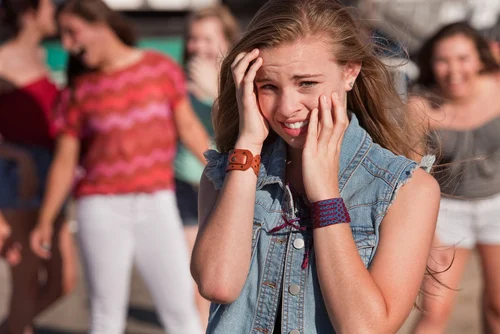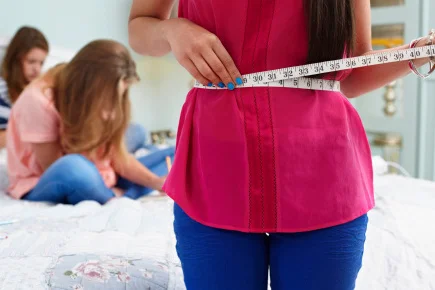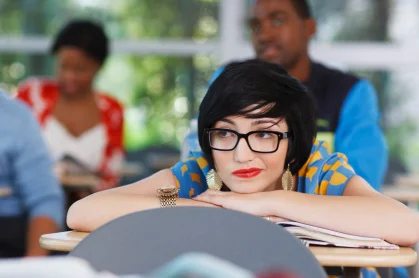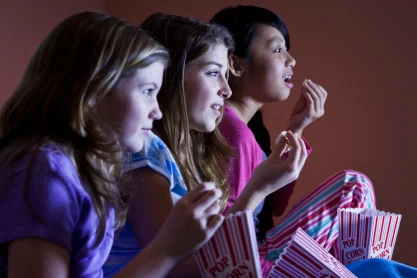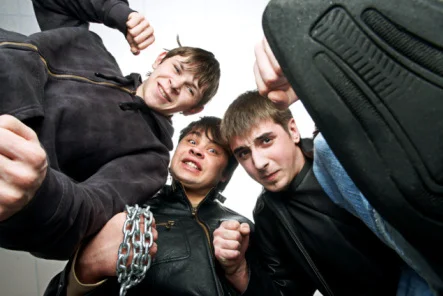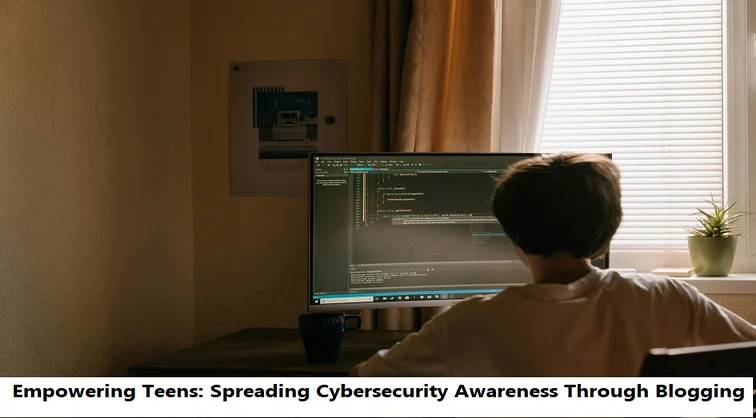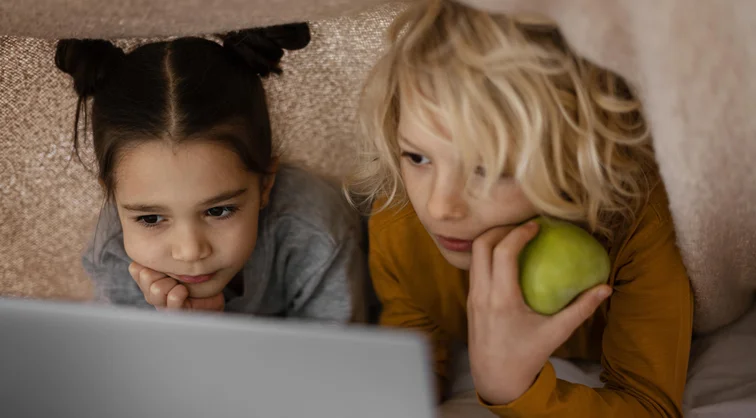+1 845 259 2974 (11 a.m to 7 p.m CST)
Peer Pressure and Teens: Social Media is the Culprit

Peer pressure among teens is not a new thing. What’s news is the way it is affecting our digital generation. It has crossed the school walls and has entered our very homes, forcing our kids to do things such as sexting, drug abuse, alcohol, consumption, and plenty more. Social media has given peer pressure the power to ruin the lives of kids who feel pressurized to do things mainly because all their friends are doing them. Let’s have a closer look at the role of social media in peer pressure.
Virtual Pressure Faced by the Digital Generation
Nowadays, kids spend hours on different social media accounts, which may boost their social standing, but at the same time compel them to do things they shouldn’t or even aren’t too keen to do. According to several studies conducted lately, viewing posts, images and statuses of friends indulging in inappropriate activities encourage teens to do the same. For instance, in one study, 75% of the kids accepted the fact that the pressure to blend in after seeing posts of their friends openly drinking alcohol and taking drugs forced them to repeat this behavior. Going through the Facebook Timeline of friends and seeing them going to late night parties, drinking alcohol, trying drugs, having a physical relationship, etc., make teens feel that everyone except them are enjoying their life. The fear of missing out is so strong that they unintentionally start getting attracted towards these activities.
Social media has given rise to a new term “virtual peer pressure”. It is the type of peer pressure kids’ face online almost daily. According to Orly Katz, a youth empowerment and life skills expert, kids these days takes minutes to reject fellow kids and create hate groups against them. She believes that virtual peer pressure is more dangerous as it does not go away after school and college - what goes online stays there to haunt the kids for the rest of their lives. What seems to be a cool platform for connecting with friends has become a weapon for the bullies who use it to spread their views about anyone publically without realizing the impact of their words and actions.
What Needs to be Done?
Parents should keep a lookout for the symptoms of virtual peer pressure like depression, loss of appetite, social withdrawal, rude behavior, etc. Various studies have indicated that kids with little or no supervision are more likely to get affected from peer pressure. This is why monitoring the social media activities of kids using parental controls is strongly advised. You must also boost their confidence so that they can face peer pressure bravely without getting negatively affected. Encourage them to stay optimistic in all the situations and motivate them to take their decisions themselves instead of succumbing to peer pressure. Last but not the least, give them the time and care they need so that they can face these and various other teenage challenges bravely.



